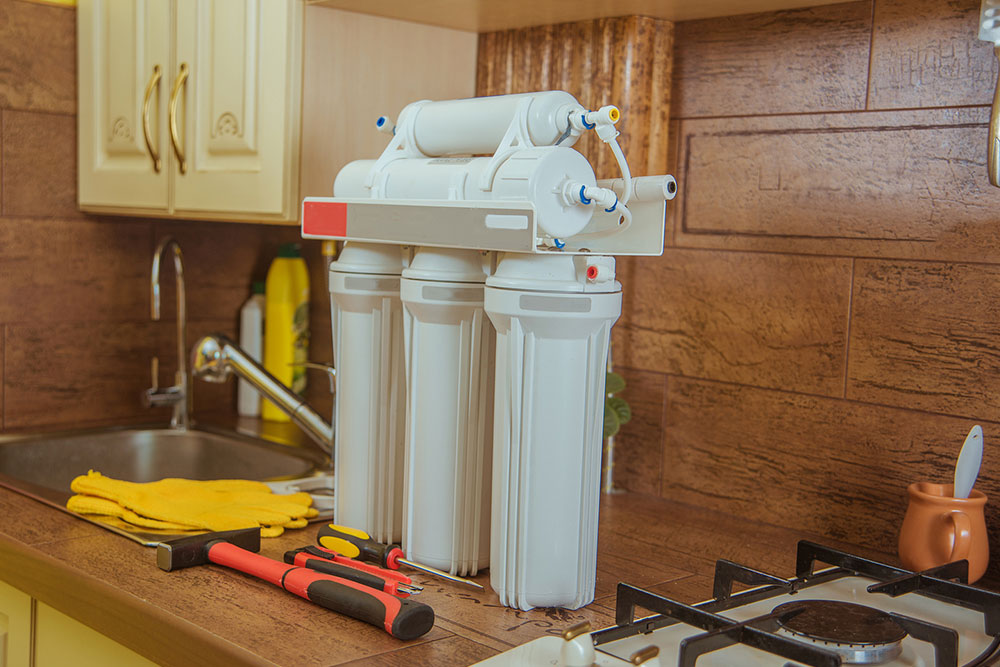
Water purification systems – Importance and benefits
The problem of access to clean and safe drinking water has become a global cause for concern. Although tap water has been lauded as a safe source of drinking water in many cities across the country, it could cause many infections and diseases. Read on to find out more about what could be hiding in tap water and how to get rid of it to take better care of one’s health.
What’s hiding in tap water?
Tap water can be home to several biological and chemical contaminants, such as the following:
1. Bacteria and viruses
Drinking water can contain many bacteria, viruses, and other parasites, which could cause infections and illnesses such as cholera, dysentery, and diarrhea.
2. Lead
Lead is one of the most common contaminants found in drinking water. This toxic chemical can leach into the water from old pipes and fixtures as the water flows through. While small amounts of lead are generally tolerable, exposure to too much of it can cause developmental problems in children and increase the risk of cardiovascular and kidney diseases in adults.
3. Chlorine
At municipal facilities, chlorine is often added to the water to kill germs. However, this chlorine can interact with other chemicals in the water to form toxic byproducts such as trihalomethanes (THMs) and haloacetic acids (HAA). These can increase the likelihood of cancer.
4. Pesticides and herbicides
As herbicides and pesticides run off into the soil, they can contaminate the water table and make their way into tap water. This can cause many health issues, ranging from skin inflammation to neurological conditions.
Getting rid of the impurities in tap water
A very simple solution to getting rid of these impurities in drinking water is to switch over to water purifiers. Here’s why this is a good idea:
1. Add an extra layer of security
Although water goes through municipal water treatment systems, it could still collect impurities from faulty pipes, pesticide residue, or heavy rainfall. A water purification system in one’s home helps remove these to add an extra layer of security and make the water fit for consumption.
2. Remove contaminants
There are several types of water purification systems, each with its own method of filtering water. Based on their strength and type, they can help remove chemical and physical contaminants from water and make it safer to drink.
3. Improve health
Purified water (from an RO filter) will have fewer bacteria and viruses. Drinking cleaner water will automatically reduce the risk of infections and diseases. It will also help reduce signs of skin inflammation.
4. Enhance the taste
As water goes through various pipes, it collects sediments and soil remains. This can impact the taste and odor of the water. Water purifier retains the natural taste of water without the contaminants.
5. Reduce environmental waste
Today, many people rely on bottled water for drinking. The manufacturing and disposal processes of these bottles significantly increase environmental waste. Switching to a water purifier can help end this reliance and lead an eco-friendly lifestyle.


